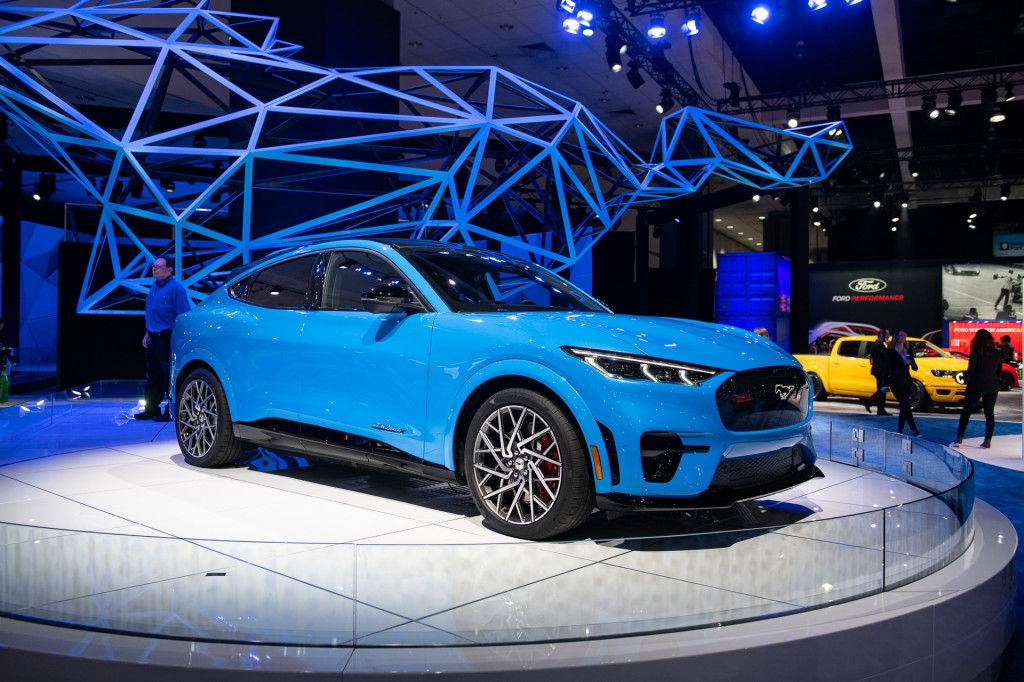Could the economic downturn triggered by the COVID-19 pandemic more severely affect electric vehicle sales?
At least one report already suggests so. The research firm Wood Mackenzie released research findings last Wednesday predicting that global sales of electric vehicles could drop 43 percent in 2020.
The firm’s research ratcheted EV sales expectations way down from 2.2 million in 2019 to just 1.3 million for 2020. Although it sees China’s EV sales as catching up with 2019 levels by this November, it anticipates that U.S. year-over-year EV demand will remain a rather shocking 30% below 2019 levels at the end of 2020.
Wood Mackenzie underscored that 2020 didn’t start with that trendline already baked in. According to its figures, Europe’s EV sales increased 121% in January, amid a 7% drop for the overall market. That trend continued into February but stalled toward the end of the first quarter.
Those findings also indicate that there are a lot of consumers playing “wait and see” with the current economic situation. “Most new EV buyers are still first-time owners of the technology,” it says. “The uncertainty and fear created by the outbreak has made consumers less inclined to adopt a new technology.”
It certainly doesn’t help that (Tesla aside) none of the most eagerly anticipated EVs of the year have yet arrived. A number of automakers have introduced electric vehicles that won’t be available until later this year or sometime in 2021. The Ford Mustang Mach-E, for instance won’t be offered until the very end of the year, and GM’s next-generation electric vehicles won’t start arriving until late 2021. Rivian has also suggested a delay for its hotly anticipated electric trucks.

2021 Ford Mustang Mach-E, 2019 LA Auto Show
Some electric-vehicle interests have countered the prediction with this: Most major automakers have already announced global electrification initiatives, and most of them have already committed at the level of massive research-and development spending, partnerships, and volume commitments.
As of last year, Reuters summed that commitment to a total of $300 billion over the next five to ten years. With many EV manufacturing plans now locked in for the U.S., it would be catastrophic for the automakers themselves to restructure development plans at this point; but the scope and duration of an economic downturn is a big unknown.
Now’s the time to interject with an important point: No, cheaper gas won’t slow Tesla’s surge, and those predictions for electric car sales plummeting due to cheap gas or an economic downturn go against every piece of data so far gathered attempting to connect those two data fields—and it’s a common misconception for auto-industry executives who want to connect EVs to fuel-efficient gasoline cars. Green Car Reports has reached out to Wood Mackenzie to see why its data suggests that this time is different in that respect.
One thing that might however affect electric-vehicle availability in the U.S.—much more than gas prices themselves—is the lowered fleet fuel economy rule introduced late last month by the Trump administration. An abrupt loosening of what it takes to meet future auto emissions rules is new territory.













